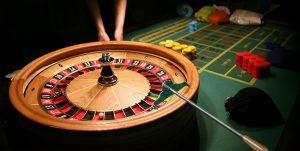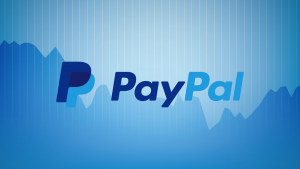When our kids were little, we used to play a lot of board games. Because we moved around so much, we took a little bit of each place we lived at with us and left a part of our hearts there as well. That meant we had to stick together as a family and nurture our British identity. We couldn’t rely on watching TV programmes with the little ones, either. Watching TV didn’t provide the necessary feeling of togetherness, as British TV programmes on the Balkans in the early- to mid-90s were hardly available. TV channels were not much better than what they had been in the 80s. And those had been ghastly.
Can you imagine turning on your TV to find a live broadcast of a lengthy civil war trial, followed by a public execution where you see the bodies of the dictator and his wife collapse under fire? All that as you and your family watch speechless.
It might sound like a scene from a horror movie but that’s exactly what happened on December 25, 1989, when Romanian dictator Nicolae Ceaușescu and his wife Elena Ceaușescu were captured, tried and convicted by a military tribunal on charges of genocide and sabotage. The trial by a kangaroo court lasted approximately an hour and was later criticised by many democratic countries for being illegal. Moreover, the Ceaușescu execution was broadcast live on public television in many countries from the Communist Bloc.
Anyway, that was just to paint you an accurate picture of what TV shows were like on the Balkans in the 90s. It was the time of the Yugoslav wars and though we seemed to luckily not be at the wrong place at the wrong time and somehow never lived in an active war zone, our family was affected.
So, board games and puzzles were our escape from reality and our safe space. I remember this small roulette set we had. We brought it back from England and started playing it. The kids were ecstatic. They’d fight over who’d be the bank. We would play for hours. And that was how the kids got to know English money, too.
 I cherished the time spent with the kids. A couple of months ago, I was talking to my son – he’s exploring Asia the way I did with the Balkans back in the 90s. I told him I missed our playing roulette. I said we should get together and play some soon, realising how unlikely to happen that was. But he surprised me by reminding me there’re cool online casinos – “We’ll all sign up, pick a table and a time to play and we’ll meet online. It’ll be like the old times.”
I cherished the time spent with the kids. A couple of months ago, I was talking to my son – he’s exploring Asia the way I did with the Balkans back in the 90s. I told him I missed our playing roulette. I said we should get together and play some soon, realising how unlikely to happen that was. But he surprised me by reminding me there’re cool online casinos – “We’ll all sign up, pick a table and a time to play and we’ll meet online. It’ll be like the old times.”
I remembered that a few months earlier, when I finally succumbed to buying a smartphone and stepped into the 21 century, my daughter sent me a helpful article offering the most comprehensive review of mobile roulette games. I forwarded that to my son and we decided on a game we could all play. It wasn’t like it used to be but, after all, nothing is – we’re older, the kids – all grown up, and the world of technology is brimming with possibilities.

 In the US and Western Europe, e-wallet service
In the US and Western Europe, e-wallet service